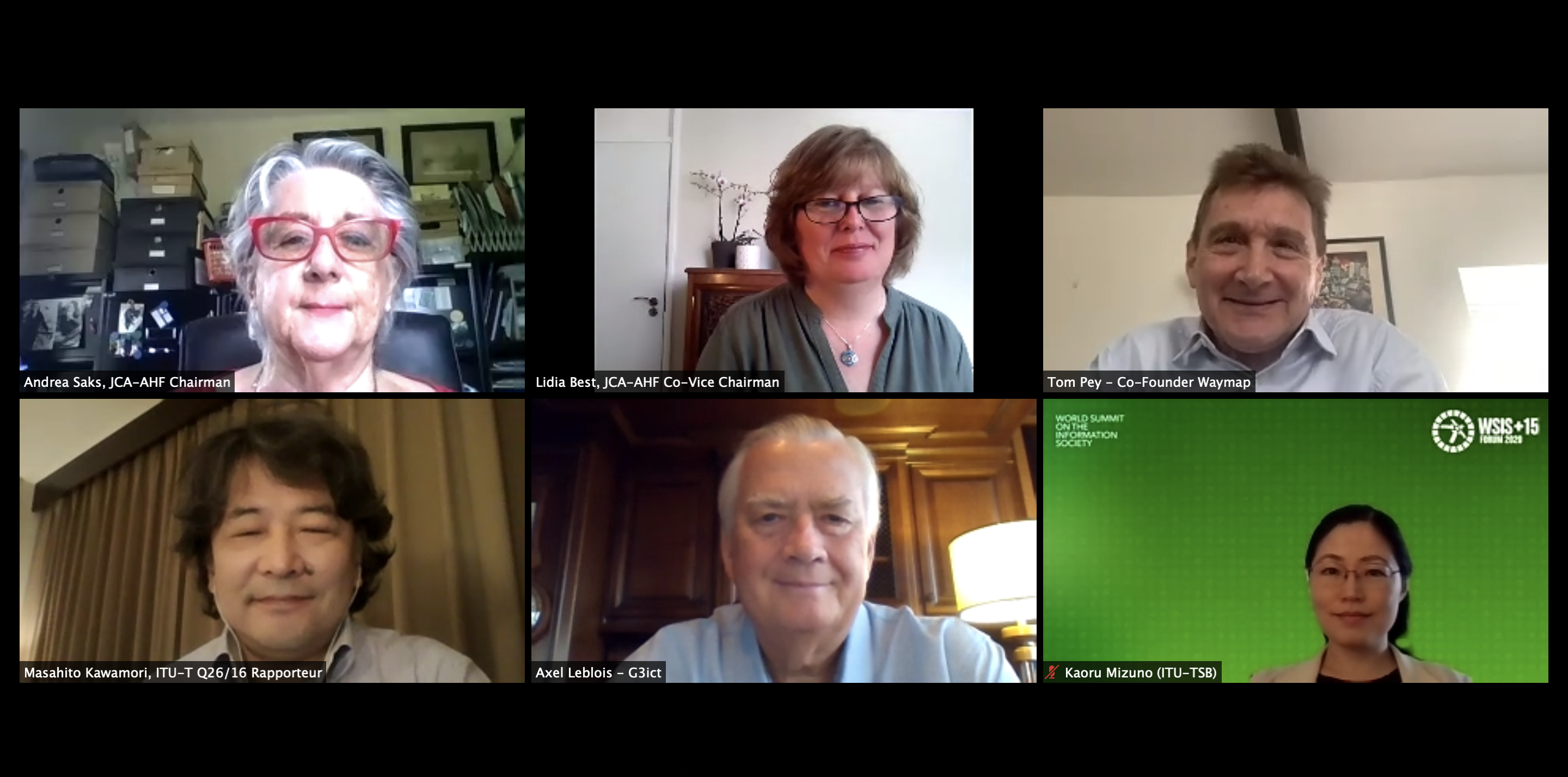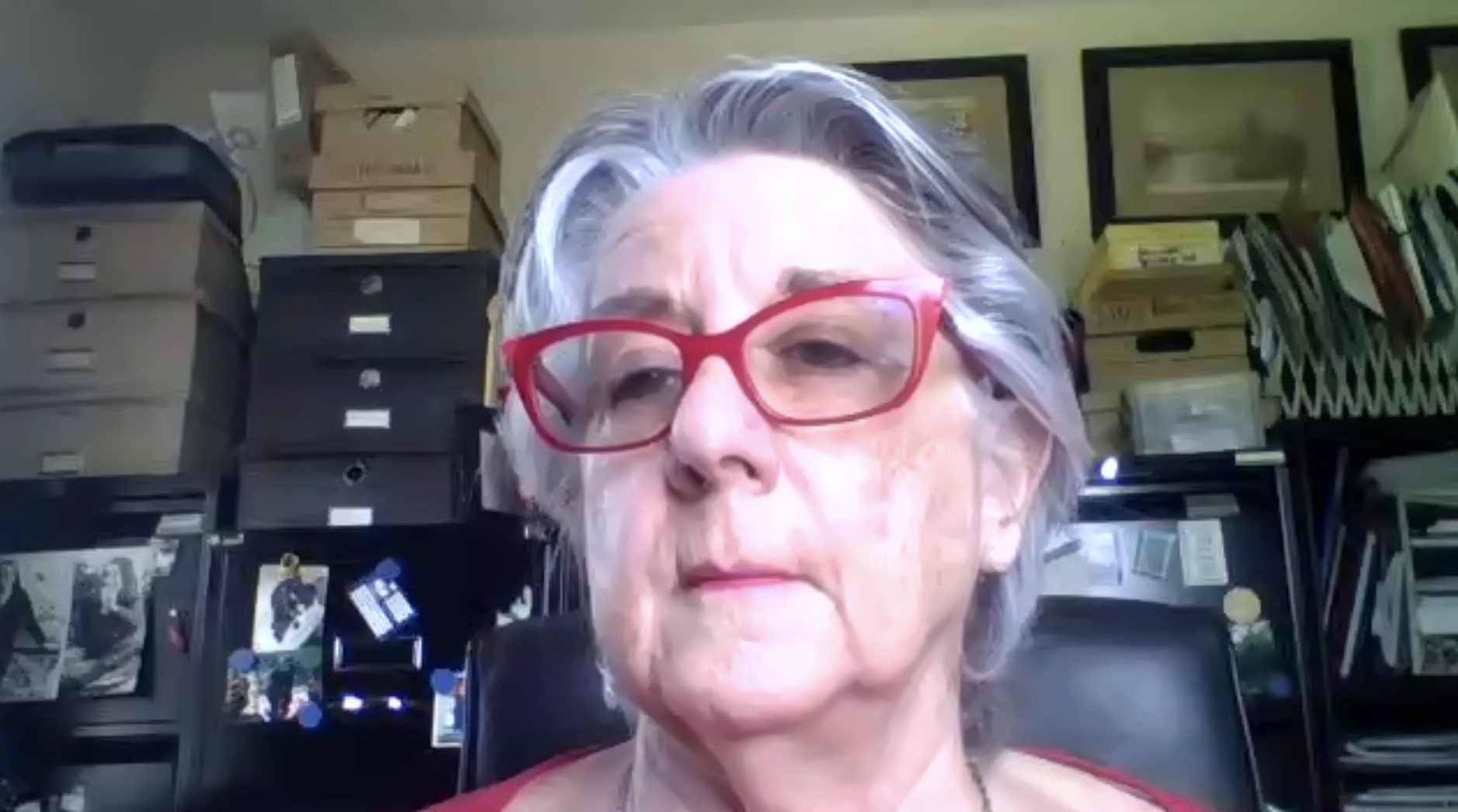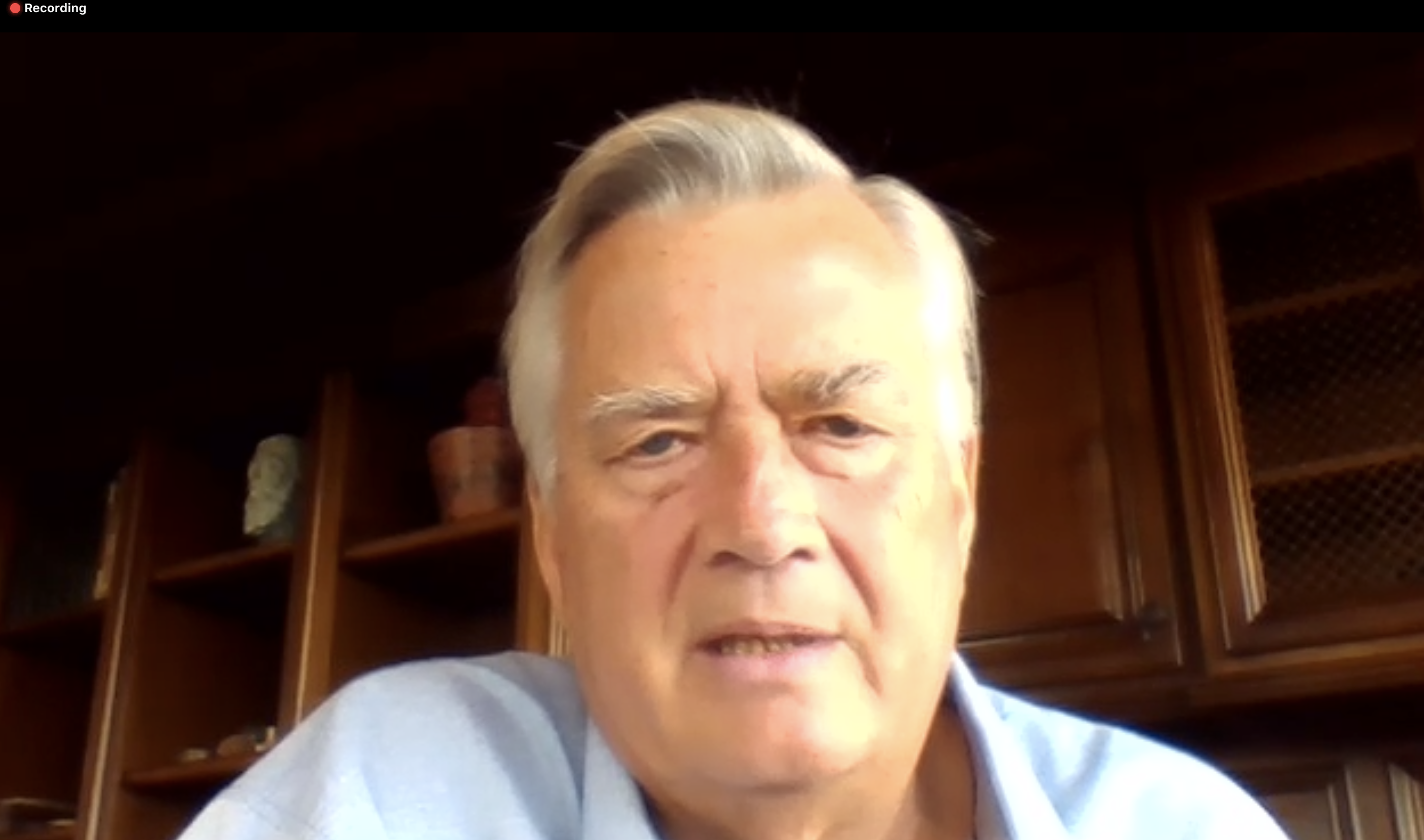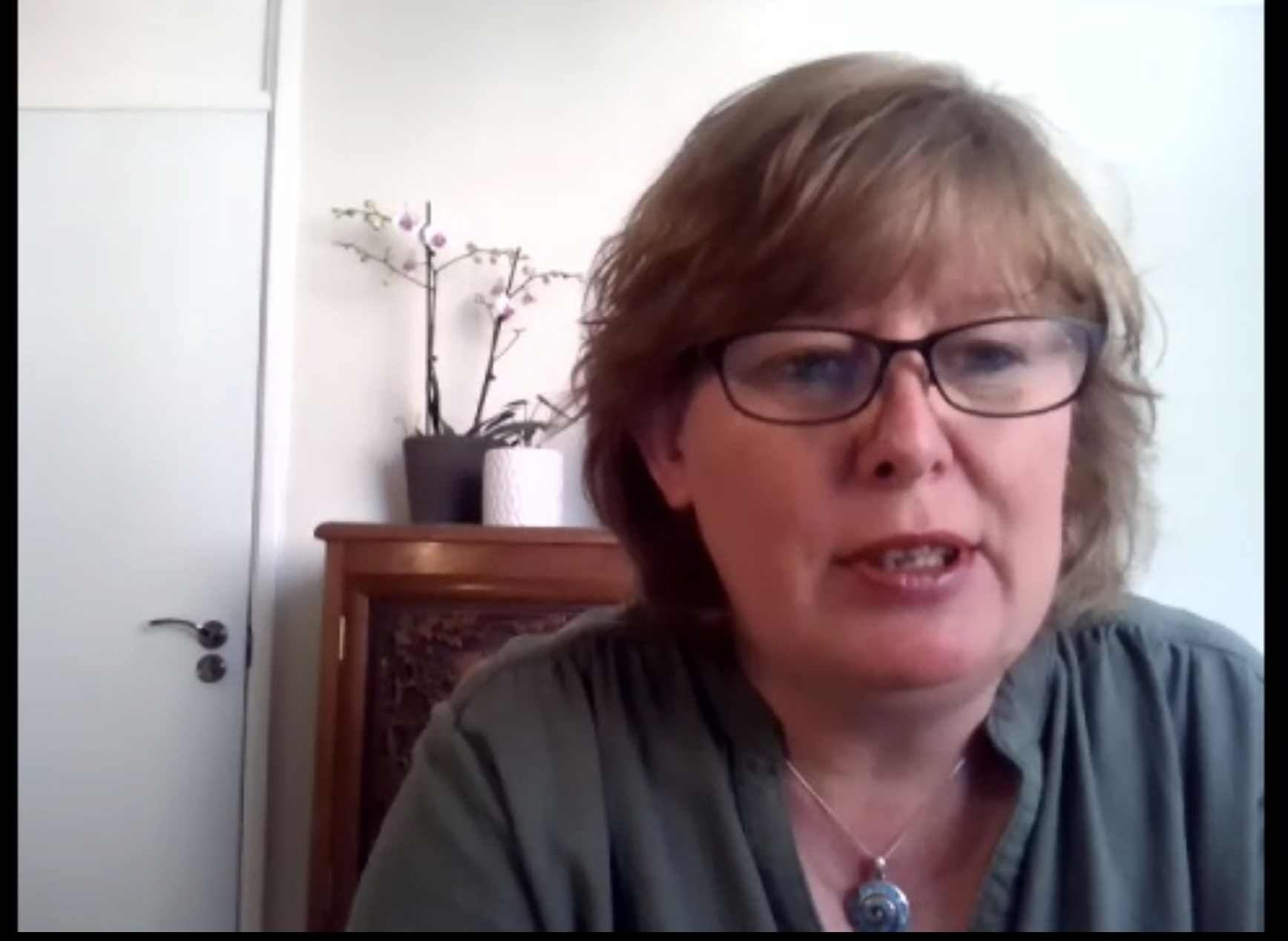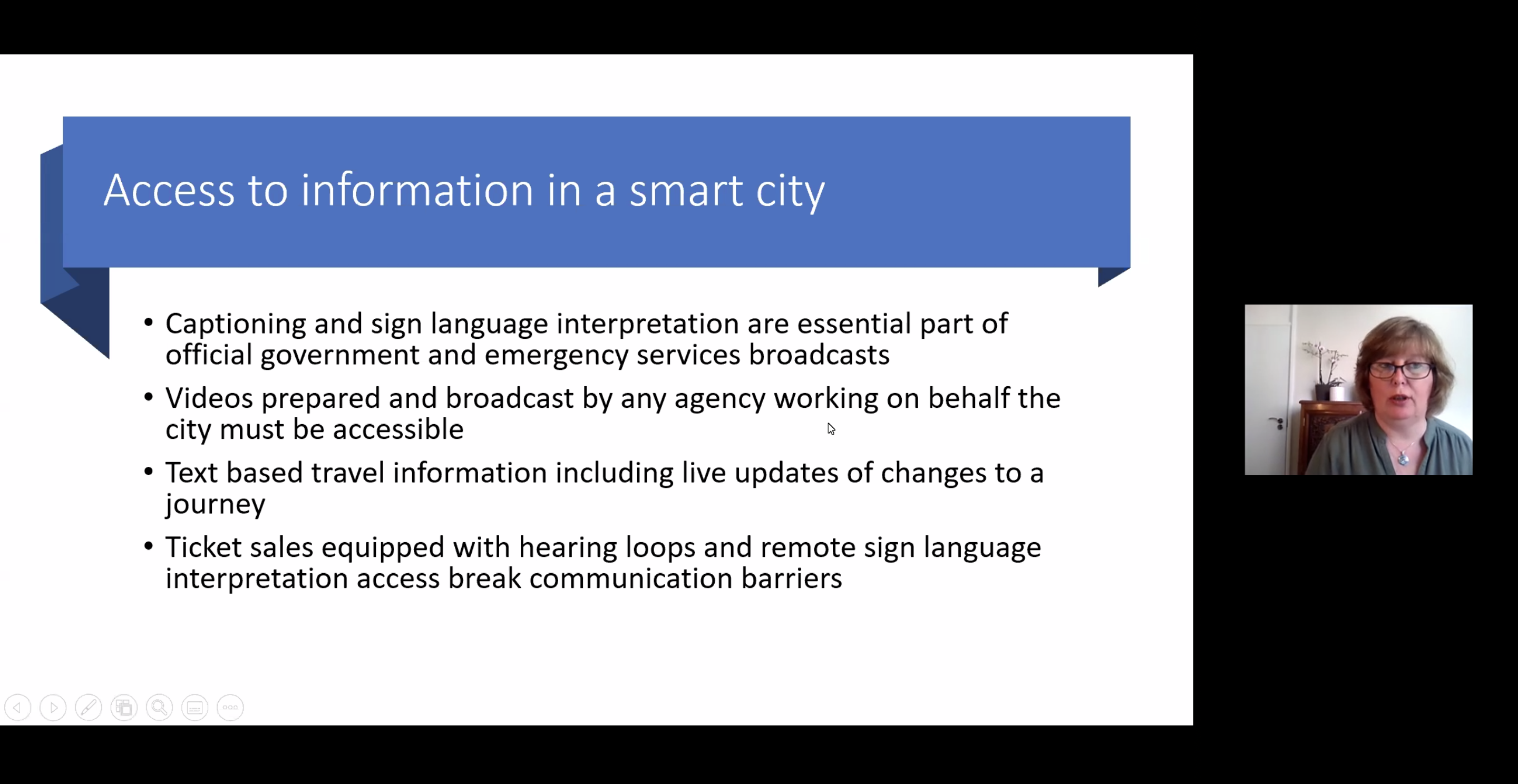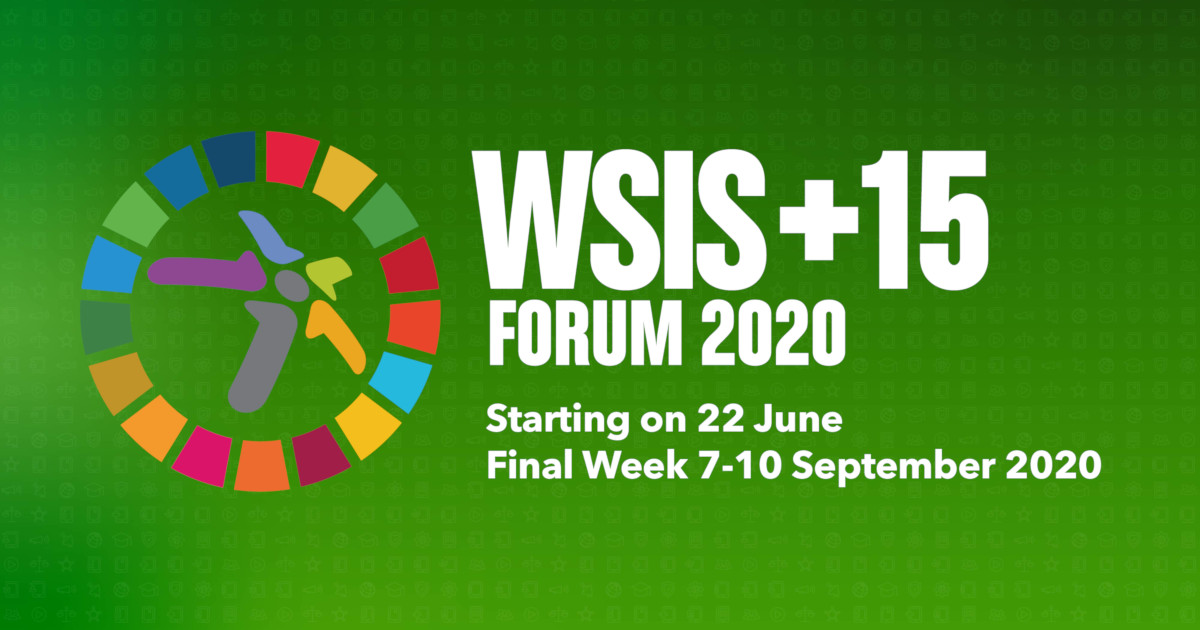ICTs and Accessibility: Leaving Nobody Behind in the age of Smart Cities and Advances in Technology
ITU Joint Coordinating Activity on Accessibility and Human Factors
Session 141
As a result of lockdown guidelines issues around the world to fight the COVID-19 virus, all essential services have migrated to virtual platforms and remote participation methods for education, businesses or health services and many of those services were inaccessible to Persons with Disabilities and specific needs. This session will examine the most prevalent forms of digital exclusion, how they affect persons with disabilities of all ages and the solutions that can and should be implemented as part of Smart Cities initiatives.
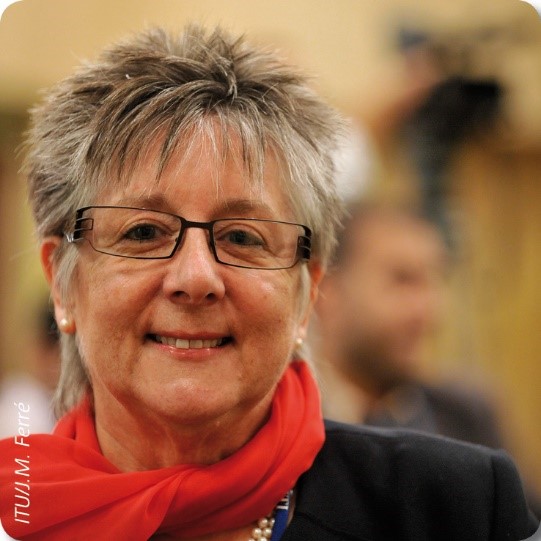
She grew up in the midst of the emerging TTY movement with her parents, Andrew and Jean Saks who were founder members of TDI when it was called Teletypewriters for the Deaf now called Telecommunications for the Deaf and Hard of Hearing Inc. Andrea was the first person to bring text telephony to Europe and the UK in 1973.
In 1975, she lobbied extensively to establish the First Deaf Transatlantic call via TTY, (early textphones for persons who were Deaf and Hard of Hearing), between two governments, the USA and the UK after establishing five TTY stations in the UK. Two APCOM modems, (Applied Communications Inc. created by her father, Robert Weitbrecht and Jim Marsters, was first company to make a “text phone modems, “Phonetypes” connected to teleprinters, the printing device), were used for the call with local teleprinters. One Phonetype station was in Washington DC, USA at HEW (Department of Health Education and Welfare), and the other station was in London UK, as a part of the first International Telecommunications equipment exhibit at the US Trade Centre.
She has served as a TDI delegate along representing the deaf and hard of hearing, in activities of the International Telecommunications Union (ITU) since 1991. She is the chairperson of the Joint Coordination Activity on Accessibility and Human Factors at ITU (JCA-AHF). She also represents other disability organizations like the Global Initiative For Inclusive ICTs (G3ict) and the International Center for Disabilities Resources on the Internet. A great number of accessibility initiatives, Inclusive International Standards and Recognized Technical Papers on Accessbility access and many events at ITU took off, thanks to her leadership and dogged persistence along with the support of an international group of Persons with Disabilities. She is active in all three sectors of the ITU.

Lidia is a vice Chairman of ITU JCA-AHF ( International Telecommunication Union Joint Coordination Activities on Accessibility and Human Factors) and internationally recognised accessibility expert and advocate for persons who are deaf or hard of hearing.
Her work has specific focus on accessibility for deaf and hard of hearing people including policy development, training, and consulting. In standardisation she worked in topics in telecoms, captioning and assistive listening devices , having authored the ITU FSTP-RCSO “Overview of remote captioning services" and H.871“Safety requirements for wearable audio augmenting devices” the recommendation on personal sound amplifiers. She contributes to work on standards as a member of G3ict delegation to ITU.
A former the Vice-President of the European Federation of Hard of Hearing ( EFHOH) and member of the European Disability Forum (EDF) ICT Experts Group Lidia provided input in consultations on the European Accessibility Act (EAA) including latest round of the review of Audio-Visual Media Services Directive (AVMSD). She is co-author of reports into situation of hard of hearing and deafened people in Europe with focus on employment, hearing care and accessibility.
In UK, Lidia is a Chairman of the National Association of Deafened People (NADP).

Masahito KAWAMORI is the Rapporteur of “Accessibility to multimedia systems and services” at ITU (International Telecommunication Union), T-sector. He has been active in standardizing telecom relay service, remote sign language interpretation, and audio navigation for visually impaired. His current projects include planning and building inclusive and resilient smart cities in Southeast Asia and elsewhere. He is also a Project Professor at Keio University in Japan.

Having lost his sight at the age of 39, Tom moved from a career in international banking to the charity sector. Over the next 20 years Tom earned a reputation for being a person who uses his considerable energy to campaign for improvements to the lives of the blindness community. As Group CEO of the Royal Society for Blind Children, Tom transformed the charity from being a local organisation providing education to 150 blind children, to being a national charity that supported over 4,000 vision impaired young people and their families across the UK.
Tom was the founding Chairman of Wayfindr.org. With the support of Google.org, ustwo, Transport for London and working with blind people across the world Wayfindr led the development of the UN’s worldwide standard for audio-based navigation (ITU: F921). Working with colleagues in the USA and the CTA, Tom supported the development of the US standard (CTA 2076).
Tom is a co-founder of Waymap, an award-winning technology company that delivers a highly accurate, CTA standard compliant indoor wayfinding and navigation solution for disabled and other users via their smart phones.
In 2019 Tom, alongside Zach Bastian from Verizon, received the CTA Award for Technology and Standards.
Axel Leblois is the president of G3ict, the Global Initiative for Inclusive ICTs, a global advocacy organization founded in 2006 at the initiative of the United Nations Department of Social and Economic Affairs, the IT industry and organizations of persons with disabilities to promote the digital accessibility and assistive technologies dispositions of the Convention on the Rights of Persons with Disabilities. Prior to leading G3ict, Axel Leblois spent over 20 years at the helm of information technology companies in the United States including as CEO of Computerworld Communications, CEO of IDC - International Data Corporation, Vice-Chairman of IDG - International Data Group, President of Bull HN Worldwide Information Systems - formerly Honeywell Information Systems, and CEO of ExecuTrain while serving on the board of several publicly traded technology companies.
In his capacity as President of G3ict, Axel oversees global advocacy and capacity building programs including through its division the International Association of Accessiblity Professionals (IAAP), the M-Enabling Summit series in the U.S. and Europe, the e-Accessiblity Policy Toolkit for Persons with Disabilities jointly with the ITU, SmartCities4All, GAATES, Access to Justice and the DARE Index – Digital Accessiblity Rights Evaluation Index – covering 130 countries in cooperation with Disabled People’s International.
-
 C2. Information and communication infrastructure
C2. Information and communication infrastructure
-
 C3. Access to information and knowledge
C3. Access to information and knowledge
-
 C4. Capacity building
C4. Capacity building
-
 C7. ICT applications: benefits in all aspects of life — E-government
C7. ICT applications: benefits in all aspects of life — E-government
-
 C7. ICT applications: benefits in all aspects of life — E-business
C7. ICT applications: benefits in all aspects of life — E-business
-
 C7. ICT applications: benefits in all aspects of life — E-learning
C7. ICT applications: benefits in all aspects of life — E-learning
-
 C7. ICT applications: benefits in all aspects of life — E-health
C7. ICT applications: benefits in all aspects of life — E-health
-
 C7. ICT applications: benefits in all aspects of life — E-employment
C7. ICT applications: benefits in all aspects of life — E-employment
-
 C7. ICT applications: benefits in all aspects of life — E-environment
C7. ICT applications: benefits in all aspects of life — E-environment
-
 C9. Media
C9. Media
-
 C10. Ethical dimensions of the Information Society
C10. Ethical dimensions of the Information Society
-
 Goal 4: Ensure inclusive and equitable quality education and promote lifelong learning opportunities for all
Goal 4: Ensure inclusive and equitable quality education and promote lifelong learning opportunities for all
-
 Goal 8: Promote inclusive and sustainable economic growth, employment and decent work for all
Goal 8: Promote inclusive and sustainable economic growth, employment and decent work for all
-
 Goal 9: Build resilient infrastructure, promote sustainable industrialization and foster innovation
Goal 9: Build resilient infrastructure, promote sustainable industrialization and foster innovation
